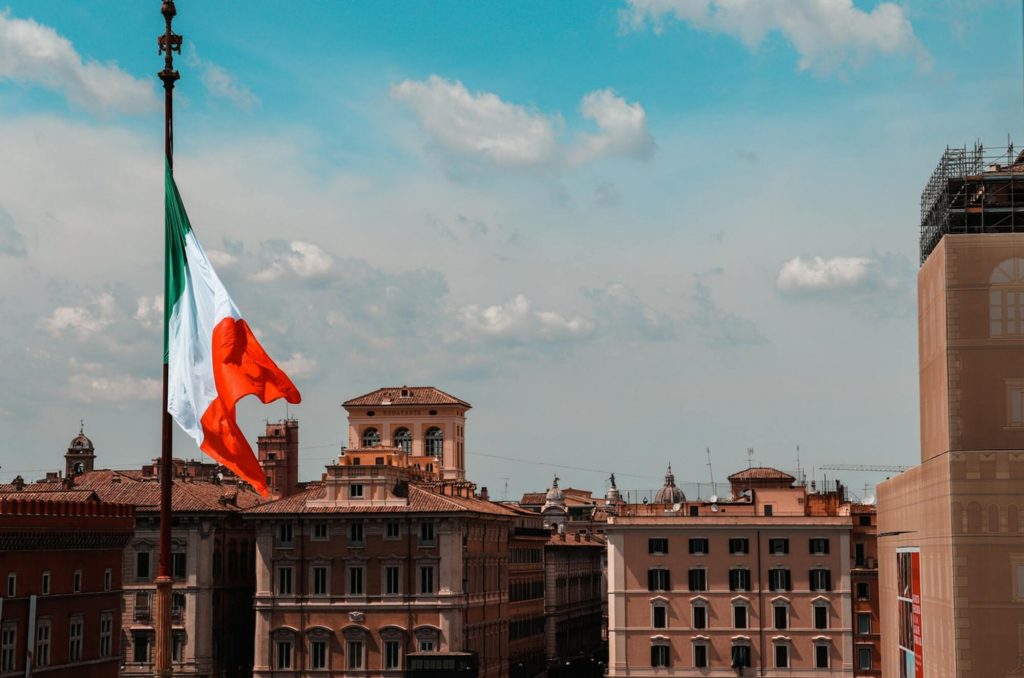There are many good reasons to relocate to Italy, especially when you consider how harsh the winters are in parts of northern Europe. It makes relocating to a warmer location seem like a good decision. Here are a few explanations of why you ought to make your goal a reality.

Italy’s heritage
The history of Italy dates back thousands of years. This is demonstrated by the enormous 51 world heritage sites, the most of any nation in the world. Sites include the medieval Basilica of San Francesco in Assisi, the roman and medieval rock carvings in Valcamonica, Lombardy, and the 4th-century Villa Romana del Casale in Sicily.
Interesting cities
The entire cities of Verona and Venice, as well as the historic districts of Florence, Naples, and Rome, to name a few, are many of Italy’s cities that have been designated as UNESCO World Heritage Sites. These cities are incredibly lovely, with stunning sights around every corner.
Diversity of the landscape
The Dolomites and the Aeolian Islands, which are located north of Sicily, are two more of Italy’s four natural world heritage sites. The Alps Mountain range in the north, the Po Valley plain, the Mediterranean coast, and the islands make up Italy’s diversified environment. Additionally, the nation is home to both active and dormant volcanoes. Due to this diversity, you can go skiing in the north of Italy during the winter and enjoy a 32°C summer sunbath in the south. This is a fantastic reason to relocate to Italy!
The weather
In the southern areas at least, Italy is rather moderate most of the year but gets lovely and warm in the summer. Rome experiences an average January temperature of 8°C, while Palermo, Sicily, enjoys a warm 13°C.
Food and wine
Pizza, many pasta dishes, and bread like focaccia and ciabatta are just a few of the foods that have their roots in Italy and are now enjoyed in many different parts of the world. The Italians are also exceptional at making delicious baked goods like biscotti, beautiful cheeses, and excellent wines close nearby. If you go to Italy and learn to cook Italian for yourself, buying your ingredients from a local farmers’ market, you can eat true Italian food every day.
The people
The friendliness and warmth of Italians are well known. They are not afraid to make physical contact with people they have just met, by touching or standing quite close. It is customary to give kisses on the cheek as a greeting. Contrary to other, more restrained cultures, this encourages a warm sense of friendship.
The importance of family
Family is very important in Italy. They, therefore, attain a better work-life balance than many other nations because they make an effort to spend time together. Additionally, it implies that when you are out and about, you will find that children’s needs are well taken care of.
The universities
There are many excellent universities to select from if you are considering studying in Italy. The top three are Sapienza Institution of Rome, Università di Bologna, which is regarded as the world’s oldest university, and Politecnico di Milano. The latter school has about 6000 students and notably attracts international pupils.
The language
One of the happiest and most enjoyable languages to hear is undoubtedly Italian. It has served as the vehicle for many literary masterpieces by authors like Dante, Petrarch, and Boccaccio because of its musical and expressive qualities, which adapt themselves so well to a wide range of emotions. Italian is also one of the simpler languages to learn due to its relatively simple grammatical structure and good pronunciation.
Passion
It is commonly known that Italians are passionate individuals who are not afraid to express their emotions. This may occasionally surprise tourists, but at least you are aware of your position! Italian cuisine, architecture, culture, and art are all products of this love, which has helped to make Italy the fascinating nation that it is today.
